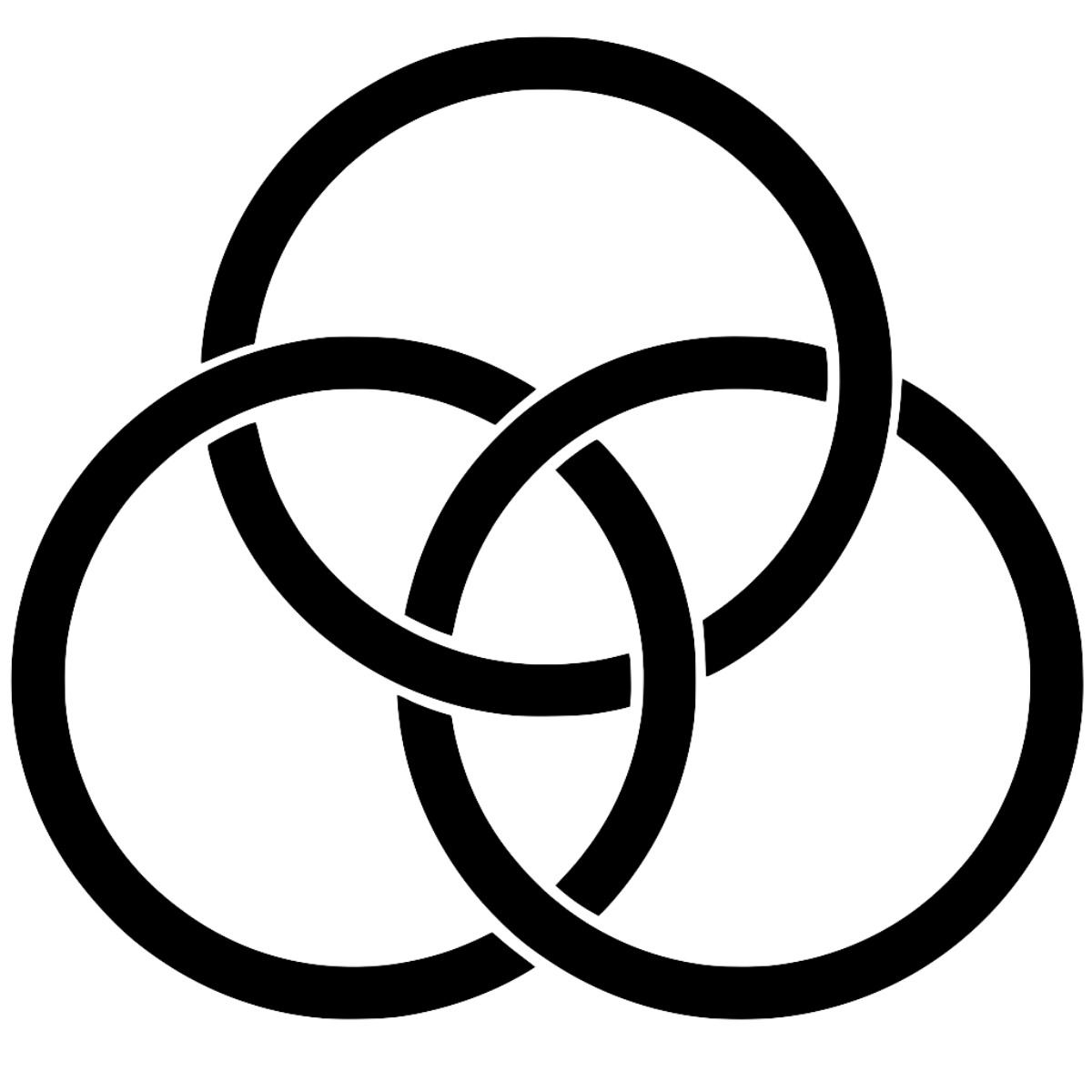Introduction theorique aux fonctions de la psychanalyse en criminologie
1950 (30 pp.)-INTRODUCTION THEORIQUE AUX FONCTIONS DE LA PSYCHANALYSE EN CRIMINOLOGIE (M. CENAC ET J. LACAN) (THEORETICAL INTRODUCTION TO THE FUNCTIONS OF PSYCHOANALYSIS IN CRIMINOLOGY) (M. CENAC AND J. LACAN)
The question of the responsibility of the criminal and thus of punishment came up at the Liberation, but the dimensions of the question were given by the Nuremberg trials with the notion of "crime against mankind." The report established for the Xlllth Conference des Psychanalystes de Langue Fran~aise was deliberately situated in this post-war context.
"If psychoanalysis un-realizes I irrealisel the crime, it does not dehumanize the criminal"; this is the central thesis. Recalling some famous cases (Mrs Lefebvre, Aimee (2), the Papin sisters (4), Mr Verdoux), the text denies irresponsibility both in cases of organic madness or "criminal instincts" and in cases where the crime is a mere response to a social context. The signifkant portion devoted to English experimentations in prisons-one remembers La Psychiatric allglaise (IS)-elaborates on the psychoanalyst's mission: to restore the subject to himself and to his truth by "nonaction" l"le nOIl-agir"j; to restore his links to the community without replacing justice; to stress that the rest belongs to social values, beliefs, and institutions.
The ideal of the ego as opposed to the superego, the mirror stage, the misadventures of Oedipalism, are all inscribed in a broader conception of malliwtioll [homillisation]. The text begins with a quote from Saint Paul, "It is the law that makes sin," and stresses its absolute truth for the foundations of society. This concept is opposed to Freud's thesis concerning the primal horde in which it is the horror of crime that creates the law. Socrates is used to recall the obedience to the laws, although unjust, of the city. As for Dostoievsky's sentence, "God is dead, then everything is allowed," it is turned upside down into "God is dead, nothing is allowed any more" The Lacanian system of values is very much present in this text, including the tone of the response to the participants.
